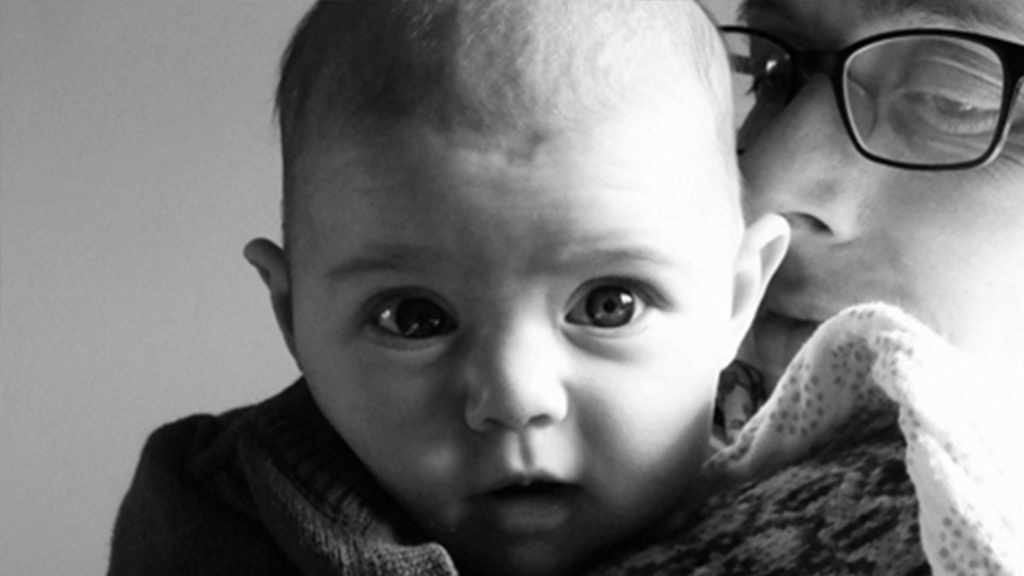FAQs, Resources and Stories
On this page, you’ll find more information about perinatal mental health services in London, with answers to key questions about the service.
Frequently asked questions
A wide range of mental health conditions can occur during this time, most commonly depression and anxiety. There are some conditions specific to this time in a woman’s life such as tokophobia – a severe fear of childbirth, and post-partum psychosis – a severe but treatable illness that occurs after having a baby.
It is not always possible to predict whether or not a woman is likely to experience perinatal mental health problems. However, some groups of women are at much higher risk, for example, 1 in 4 women with bipolar affective disorder experience post-partum psychosis.
It is vital that women receive treatment and support as early as possible. If left untreated, mental illness can have a significant and long-lasting impact on women and their families.
rnGetting appropriate treatment and support for perinatal mental health problems can help prevent avoidable suffering and isolation, strengthen families, ensure children have a healthy start and help prevent suicide – which is a leading cause of maternal death in the UK.
Here you will find a wide range of information and resources on perinatal mental health support available across London.
This toolkit offers best practice guidance about identifying and treating tokophobia. It draws on the current evidence and recommendations of a group of experts in the field.
We would like to thank all the many people who have contributed to this toolkit in order that it can reflect the voices of women with lived experience and the realities of working in Maternity and Mental Health Services. In particular, Rebecca Webb and Susan Ayers at City, University of London, conducted systematic reviews of the literature.
Across London there are a variety of practitioners from different backgrounds, services and organisations who have been trained as Perinatal Mental Health Champions. Their role is to increase awareness and knowledge of perinatal mental health by cascading the training onwards to local colleagues, helping to improve engagement and access to services for those affected by, or at risk of perinatal mental illness; and promoting local integrated perinatal mental health care pathways. The training programme is designed to:
- Increase competence and confidence in perinatal mental health practice
- Develop place-based leadership for perinatal mental health across complex systems of care
- Raise awareness of the importance of perinatal mental health across the workforce
Resources
This regional evaluation was undertaken by the McPin Foundation and was commissioned and supported by the London Regional Perinatal Mental Health Programme. Mcpin is a research charity specialising in mental health research using peer research methodology.
The evaluation focuses on the personal experiences of staff working in the London pilot MMHSs and the women and birthing parents using these services. It draws on in-depth, semi-structured interview data – collected between February and May 2021 – in order to answer key questions around the needs of staff and women/birthing parents, the extent to which those needs are being met, and the lessons that can be learned from their experiences.
Read the full MMHS Evaluation Report here
This toolkit provides guidance for health care professionals involved in planning the care of women at high risk of severe postnatal illness.
A pre-birth planning meeting is key to ensuring everyone has a clear understanding of the care the woman will receive in the weeks surrounding the birth of her baby, so everyone knows what to do and whom to contact if there are concerns.
Download the pre-birth planning toolkit
This toolkit is designed to offer advice to doctors and informs the multi-disciplinary team of best practice in providing preconception/family planning advice to women with a mental illness.
The document contains both information and resources and also recommendations that shift the clinical approach towards a collaborative model of care, using a strengths-based formulation.
This document is to provide guidance for health care professionals involved in the care of babies born to women who have taken medication for mental disorders (psychotropic medication) during pregnancy.
Its aim is to optimise and standardise the care of exposed babies and to provide guidance to health professionals (in particular neonatologists, paediatricians and midwives) on the appropriate assessment and management of the risks and needs of the newborn baby.
Any psychotropic medication that has been taken by the mother during her pregnancy and / or delivery should be documented in the baby’s notes. Babies who have been exposed to such medication should undergo a relevant assessment as set out in this document. This assessment will take place in the hospital, birthing unit or home (if home birth). Information on this process should be given to mothers during their pregnancy and at the time of the post-birth assessment, so they can feel confident about their baby’s wellbeing.
Stories



